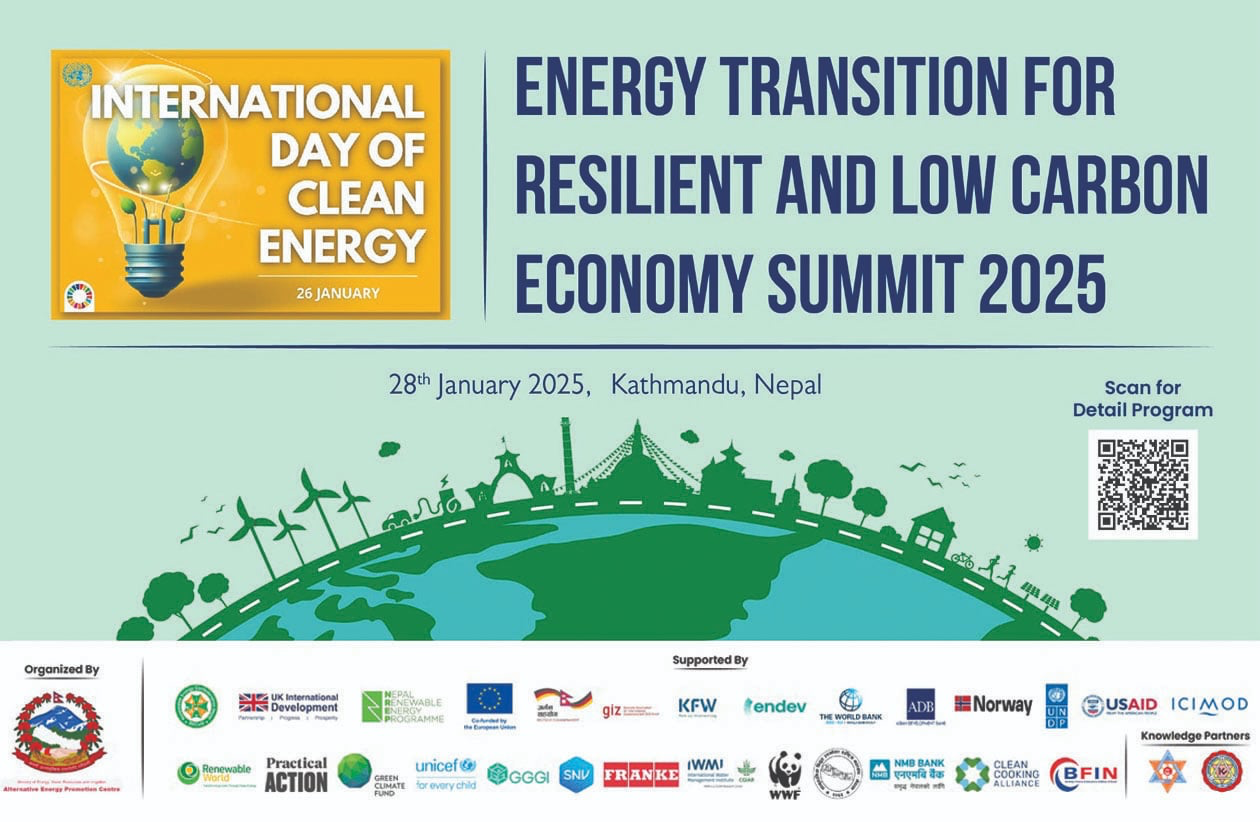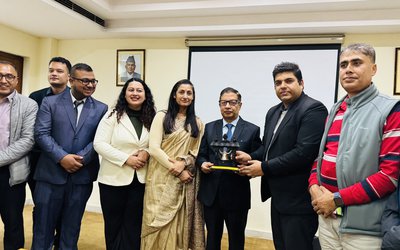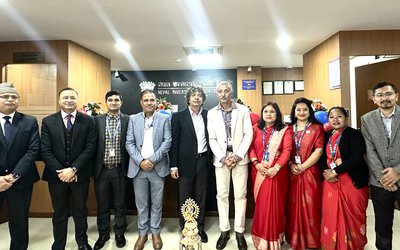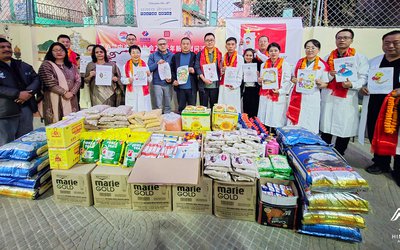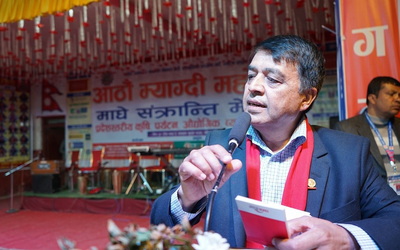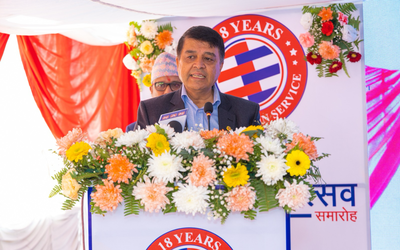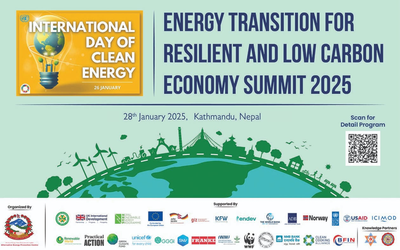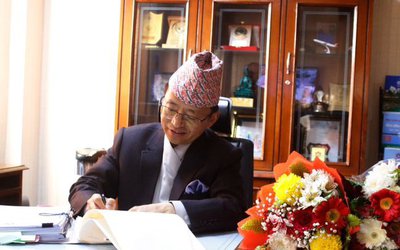
Nepal government and private sector representatives visited Malaysia and Singapore this week to learn about reform, investment, and growth in those countries, and to highlight foreign investment opportunities in Nepal ahead of the Nepal Investment Summit on March 29 and 30.
The delegation, hosted by the Malaysia and Singapore offices of the World Bank Group, met with Malaysian Finance Minister Lim Guan Eng and with private investors in Malaysia and Singapore.
According to a press release issued by The World Bank, events with 50 investors in Kuala Lumpur and Singapore showcased Nepal’s potential projects and legal and regulatory reforms to enhance the investment climate and make it easier to start and operate a business in Nepal These efforts are being supported by the World Bank Group with further assistance from other development partners.
The Nepal delegation also discussed best practices to promote investment and development with several private- and public-sector entities.
The upcoming Nepal Investment Summit, to be hosted by the new government, will bring together policymakers, investors, diplomats and development partners such as the World Bank Group to identify avenues for maximizing financial resources in ways that impact large segments of the population and have long-term impact.
The Government of Nepal is committed to this path and has expressed its commitment through a package of laws that address Foreign Investment and Technology Transfers, Public-Private Partnership and Investment, foreign exchange hedging, sustainable land use, climate smart investments, credit information reporting, and others.
“This is a new era for Nepal. After decades of political transition and the setbacks of the 2015 Earthquake, Nepal is now in a position to carry out a long-term development vision,” said Faris Hadad-Zervos, World Bank Nepal Country Manager. “Nepal has a window of opportunity to make changes that could not only result in more investment and economic growth, but achieve greater financial and social inclusion, regulatory and legal transparency, and good governance. The World Bank Group stands ready to help.”
Birendra Raj Pandey, a member of the Confederation of Nepalese Industry, said the delegation’s visit was both a learning experience and an opportunity to convey the changed scenario of the business environment in Nepal. “The private sector in Malaysia and Singapore seem to be keen on exploring opportunities for investment. The delegation also learned in great deal from our interaction with the Malaysian Investment Development Authority (MIDA), PEMANDU, and the Ministry of Finance on how Malaysia transformed its economy by enhancing both domestic and foreign investment. This visit has been a worthwhile initiative.”
Ram Sharan Kharel, Economic Advisor for the Ministry of Finance in Nepal, added: “Investors and authorities, both in Malaysia and Singapore, are excited about our future, noting our political stability, ongoing economic reform, enabling business environment, and roadmap towards prosperity.”
In addition to Kharel and Pandey, the delegation included: Dinesh Bhattarai, Joint Secretary, Nepal Ministry of Industry, Commerce and Supply; Bishnu Prasad Ghimire, representing the Office of the Prime Minister and Council of Ministers; Binod Dhakal of the Federations of Nepalese Chambers of Commerce and Industries (FNCCI) ; Prakash Sigdel, Investment Board Nepal; Sabin Raj Shrestha, World Bank; and Ojashwi Rana, International Finance Corporation.
In Malaysia, the delegation met with two entities instrumental in reforms: Malaysian Investment Development Authority (MIDA)—the government's principal agency for the promotion of manufacturing and services—and PEMANDU Associates, a private consultancy firm created by the government in 2009 to monitor the success of national transformation programs.
In Singapore, the delegation visited the Singapore Tourism Board and held a roundtable with two firms: Enterprise Singapore, a government consulting board promoting innovation and global trade, and the Singapore Business Federation, representing 25,800 companies in the areas of trade, investment, and industrial relations.



- TARA (Nepal)-PHDCCI (India) Organised Leadership Development Program on “Global Transition In Leadership” At New Delhi
- Jan 27, 2025
- Business And Revenue Both will increase In Business Friendly Environment: President Dhakal
- Jan 27, 2025
- Indian External Affair Minister Dr. Jaishankar thanks FM Dr Rana for Republic Day wishes
- Jan 27, 2025
- Weather Forecast: Partly Cloudy In Kathmandu And Pokhara
- Jan 27, 2025
- Nepal Investment Mega Bank Ltd Has shifted Its Ganthghar Branch To Exhibition Marg
- Jan 26, 2025
